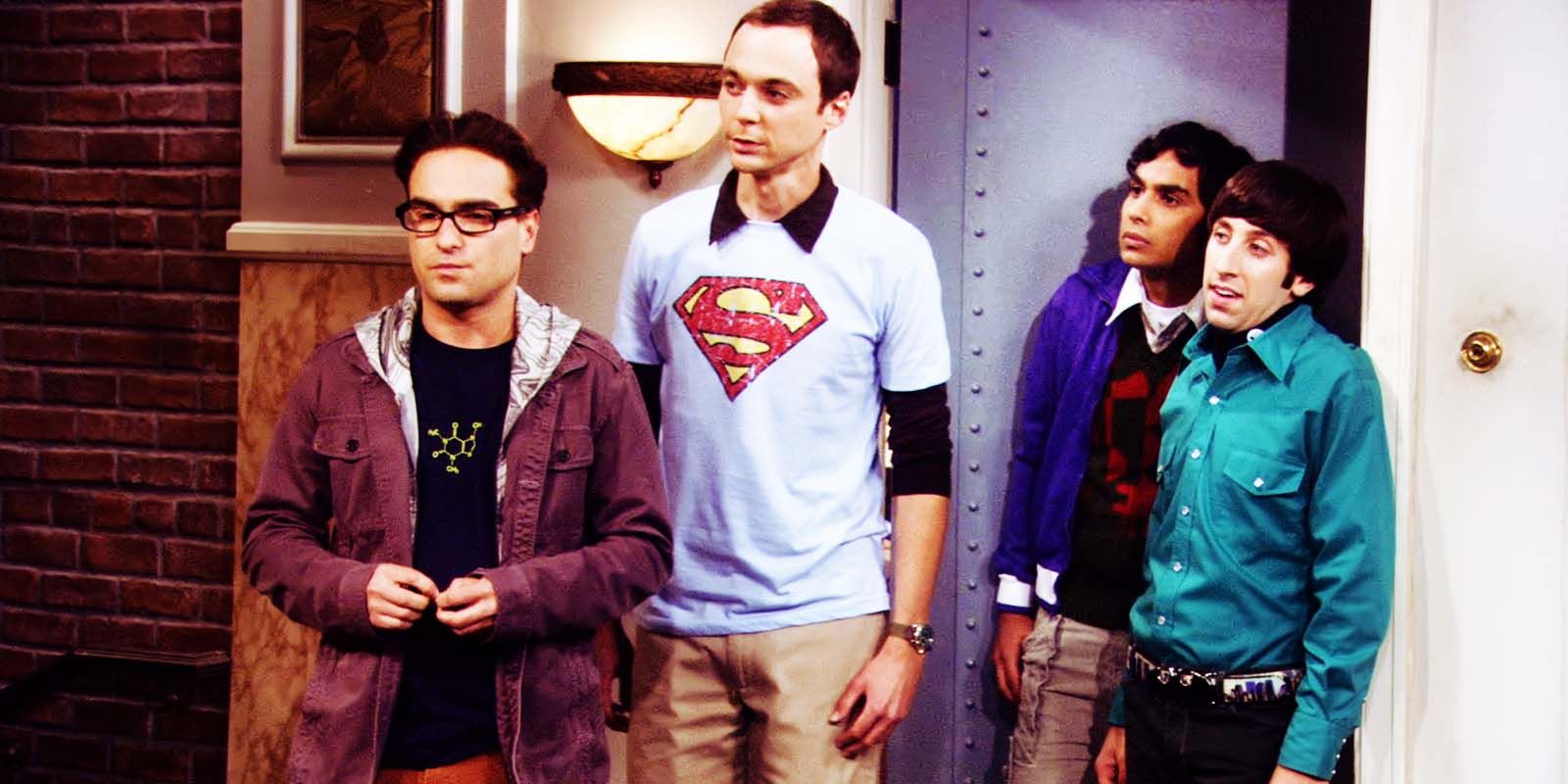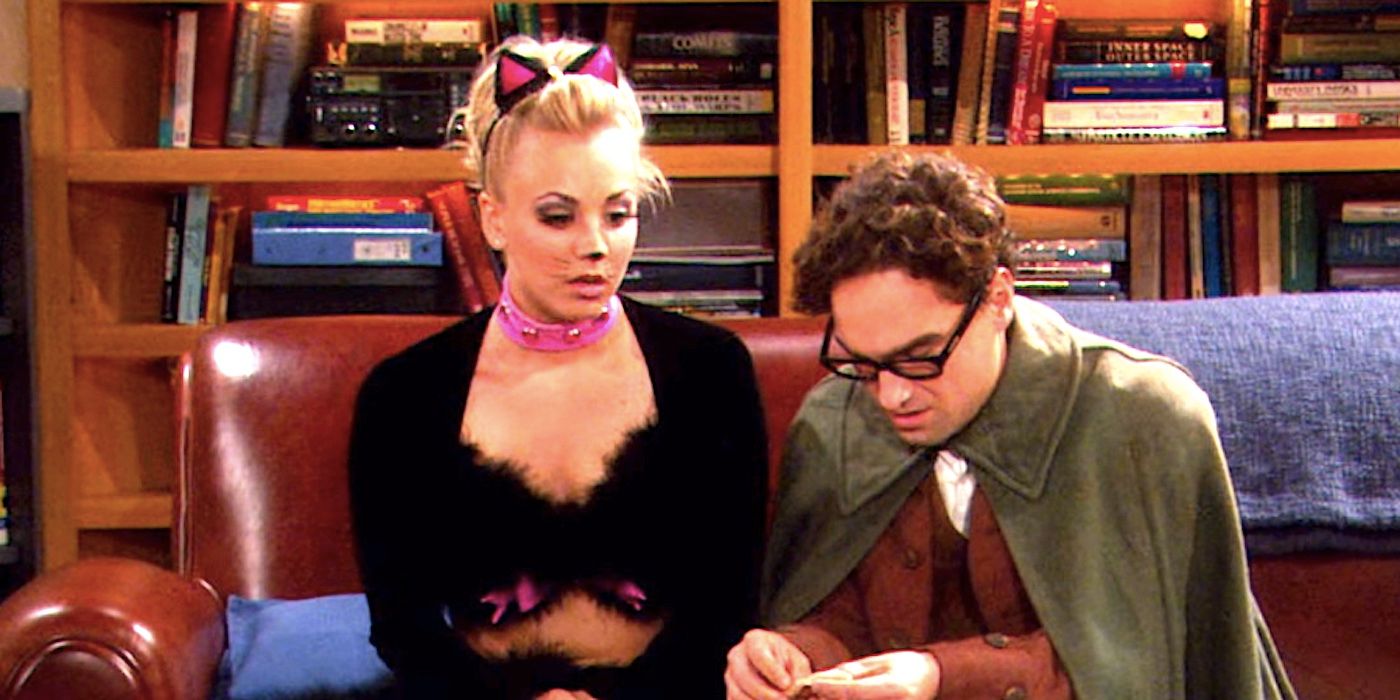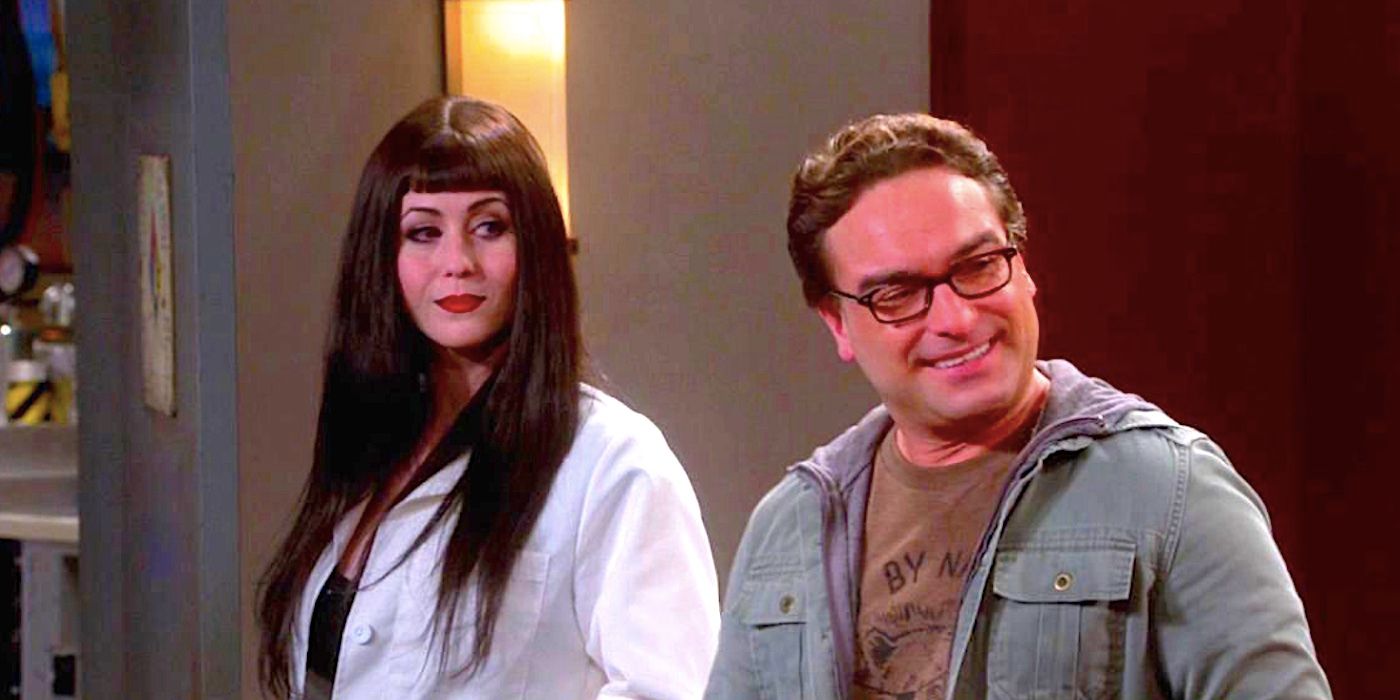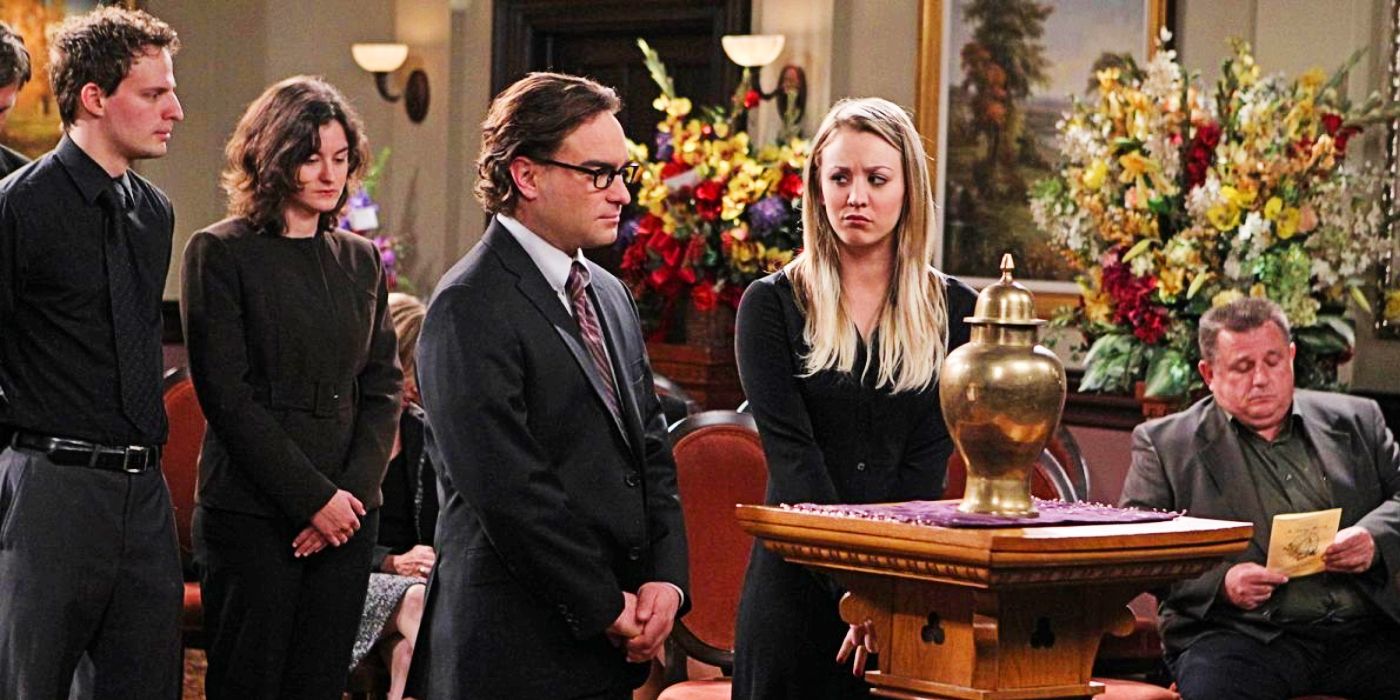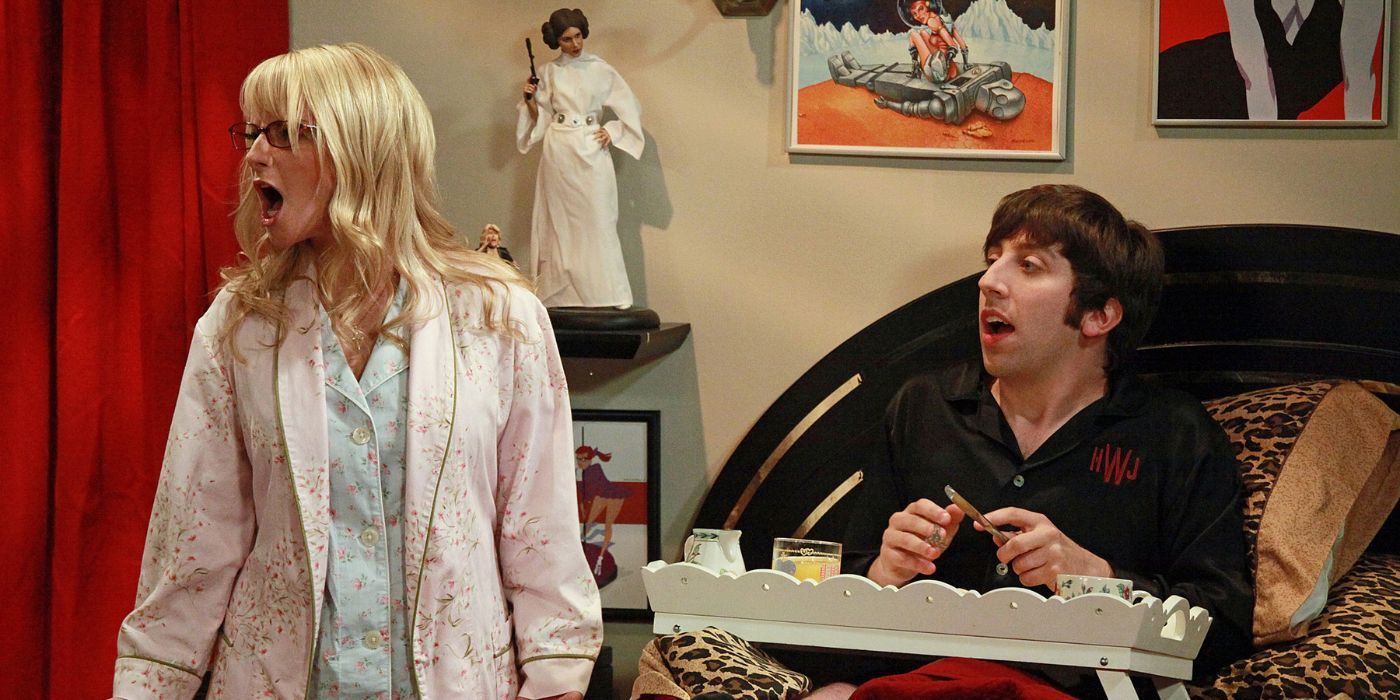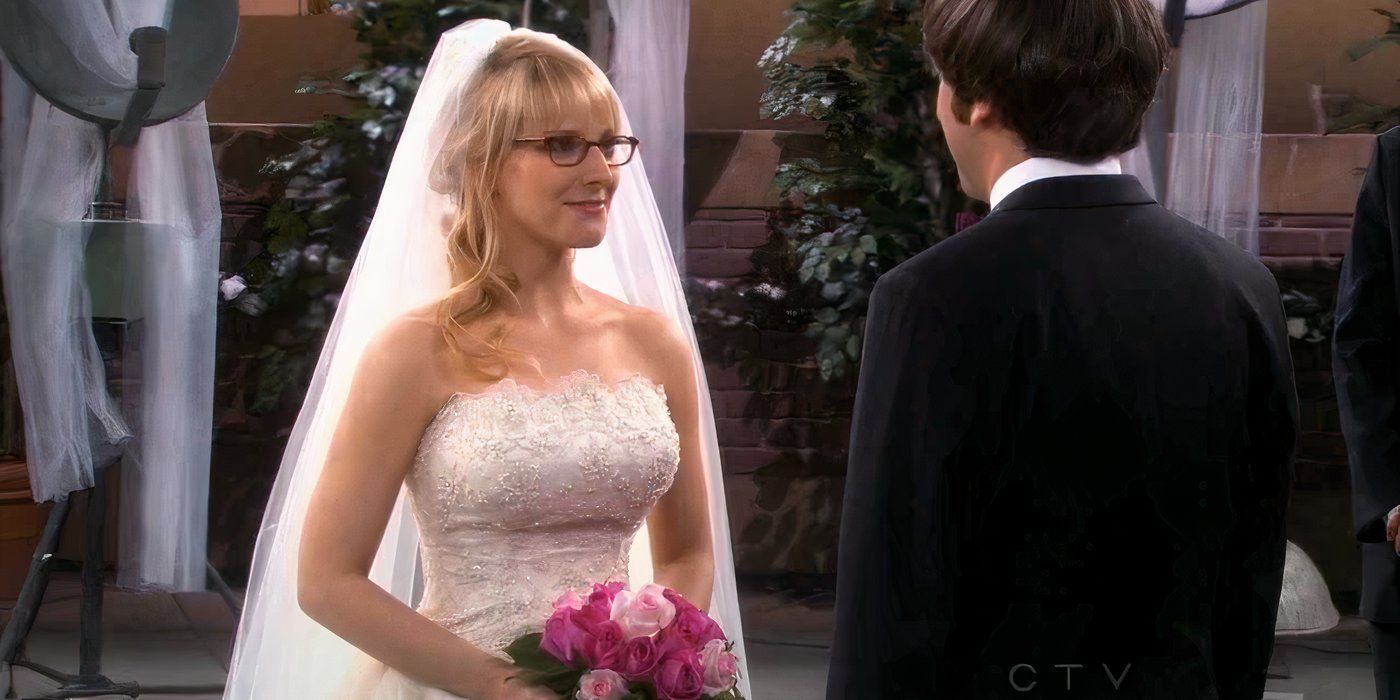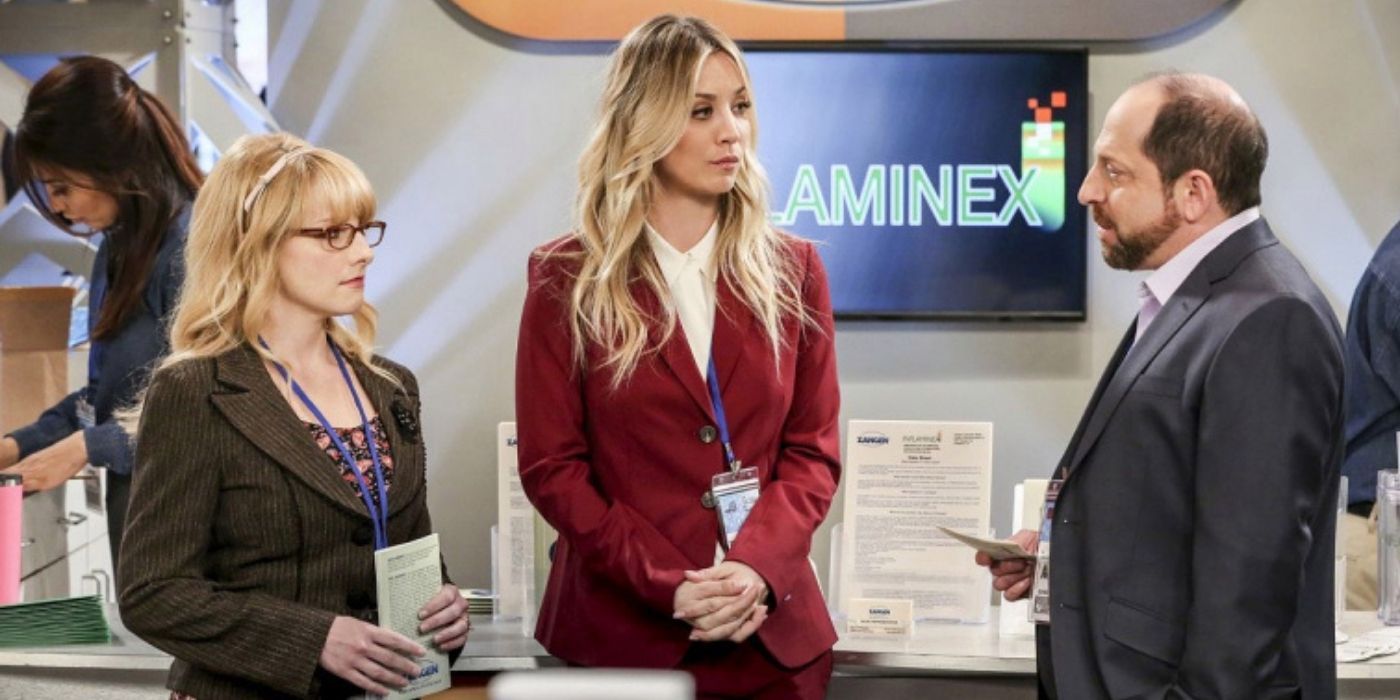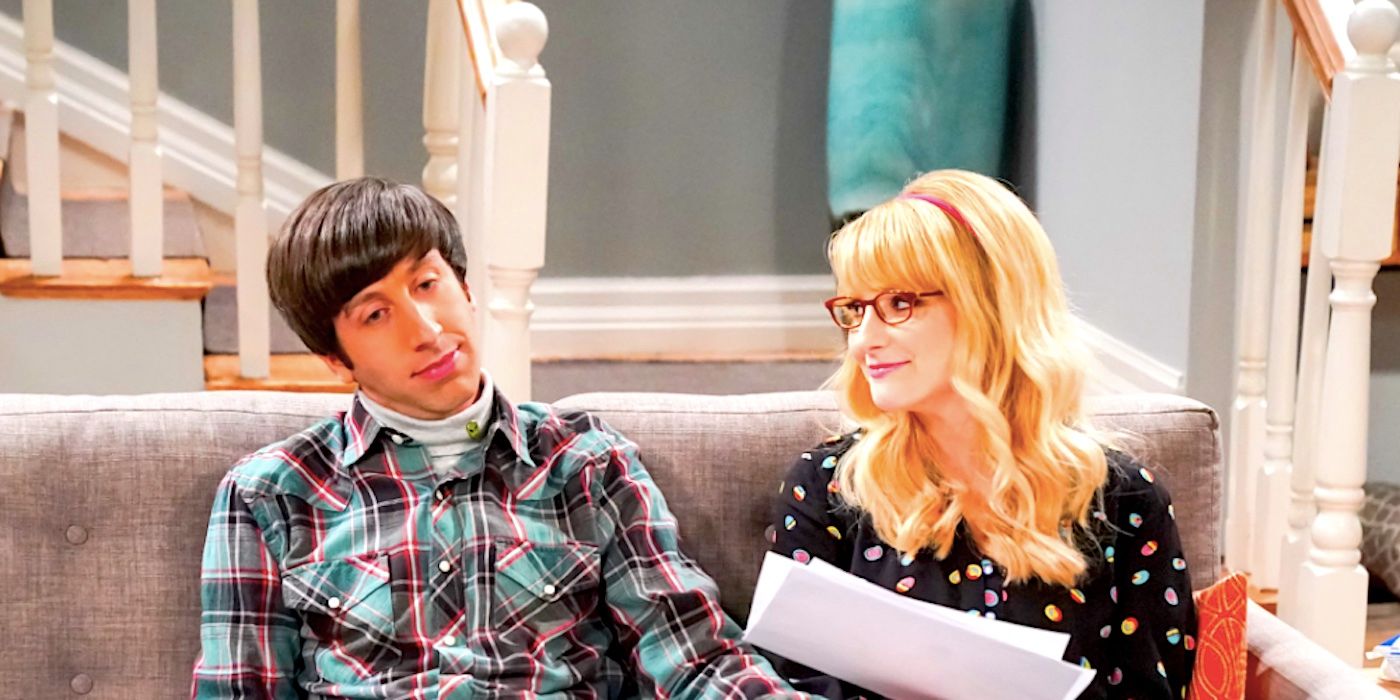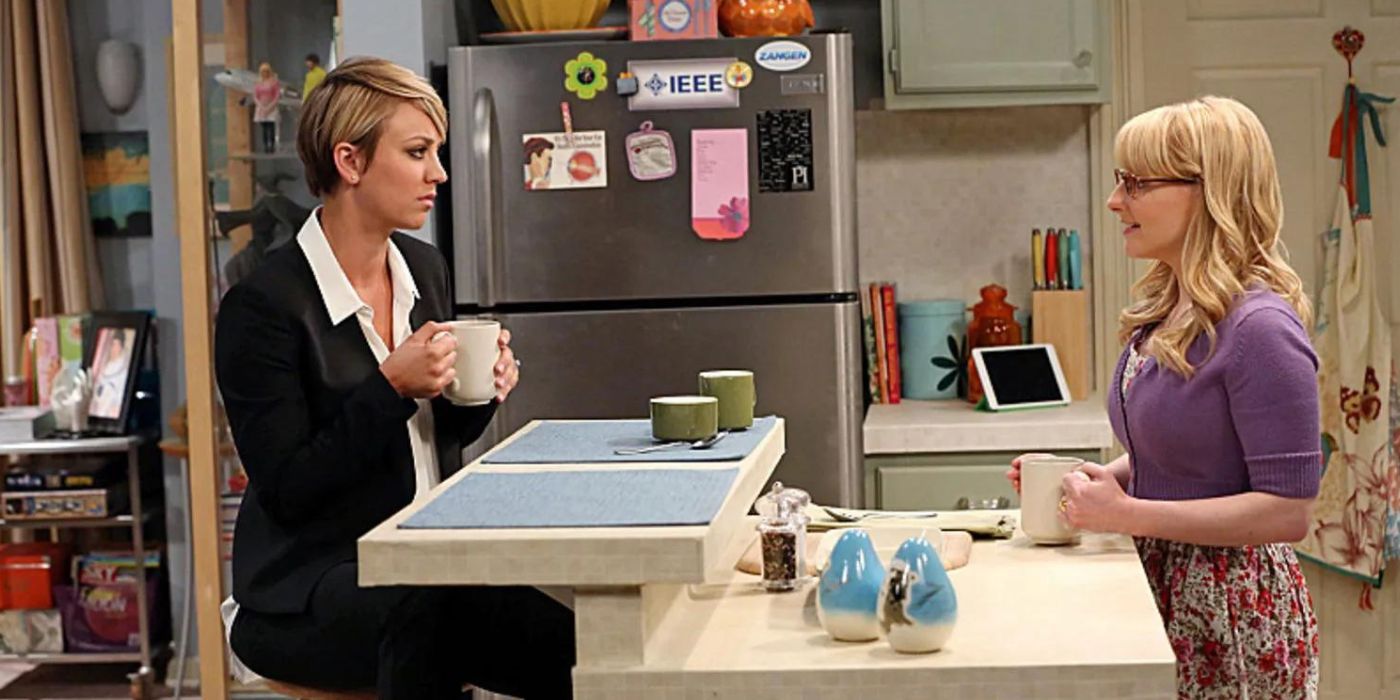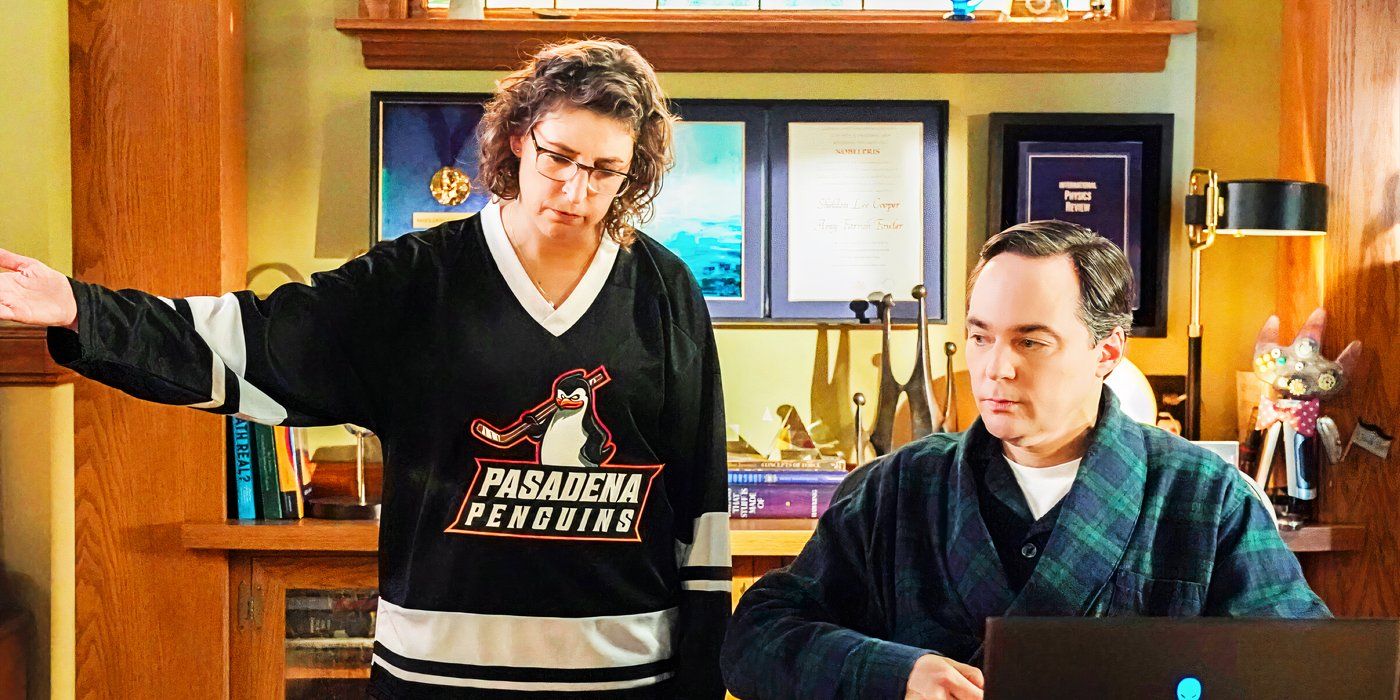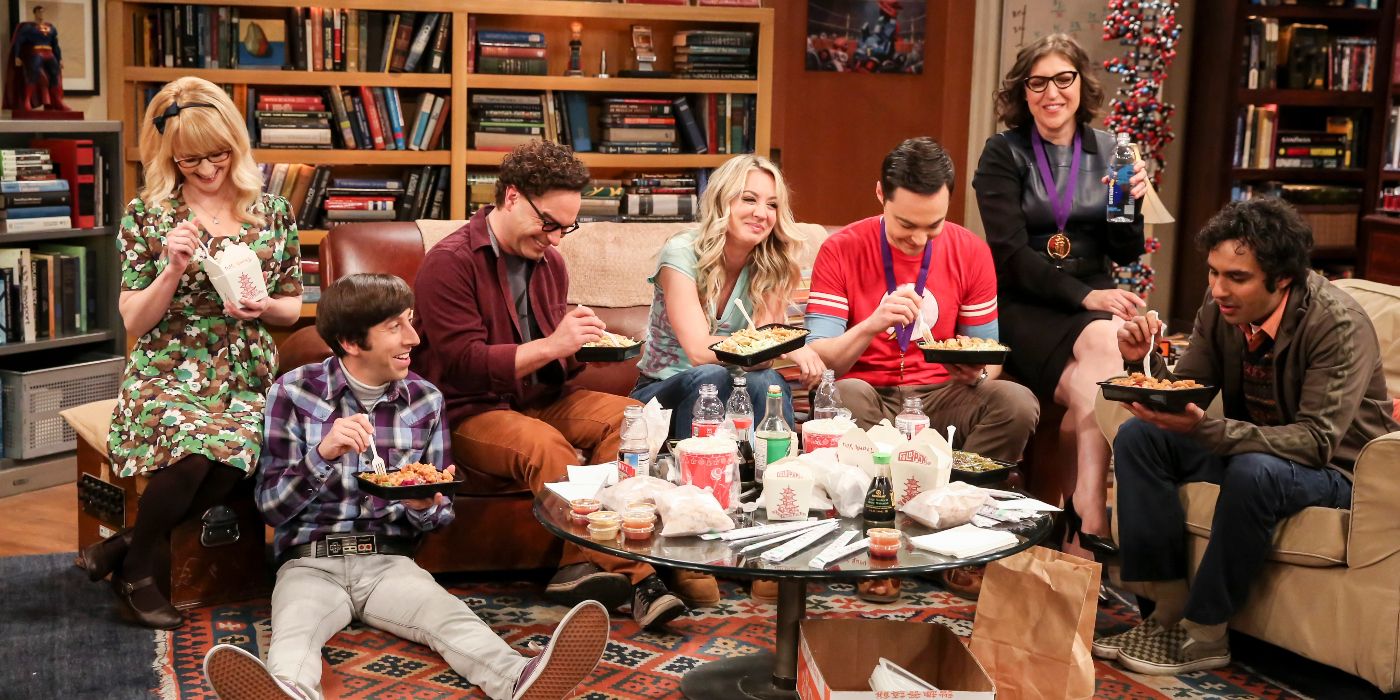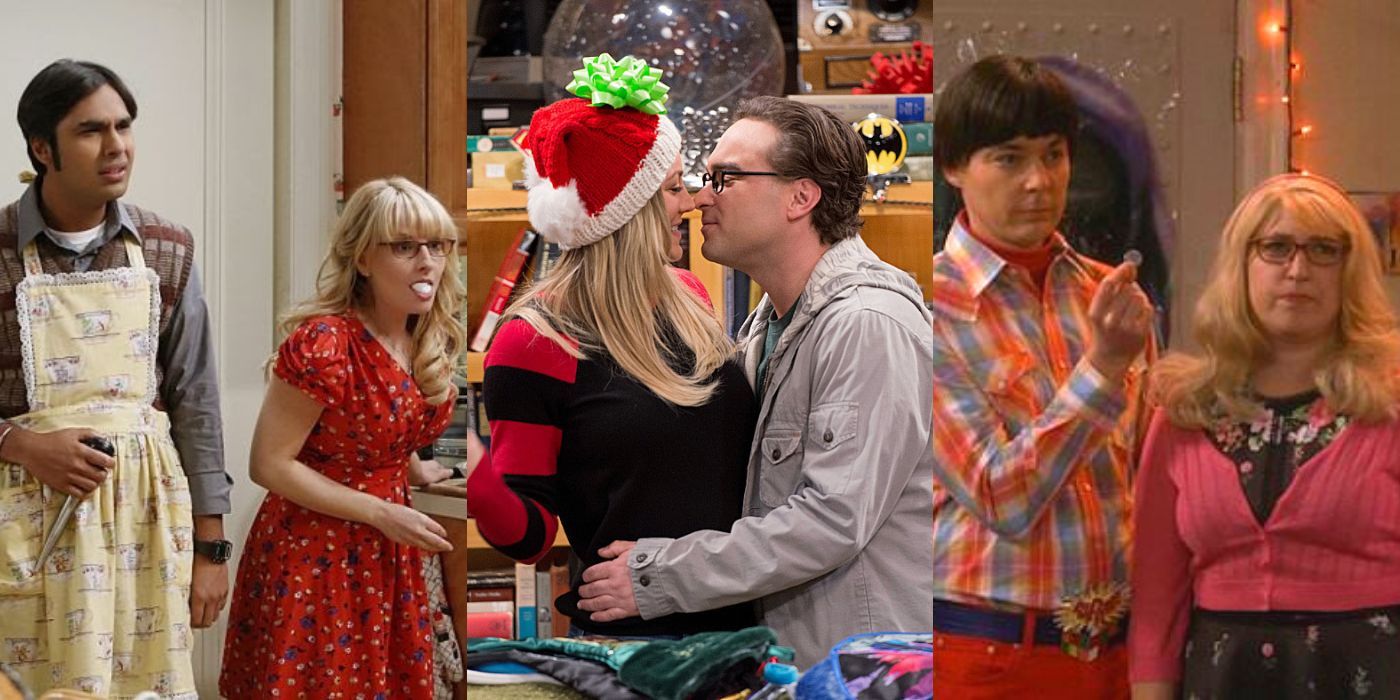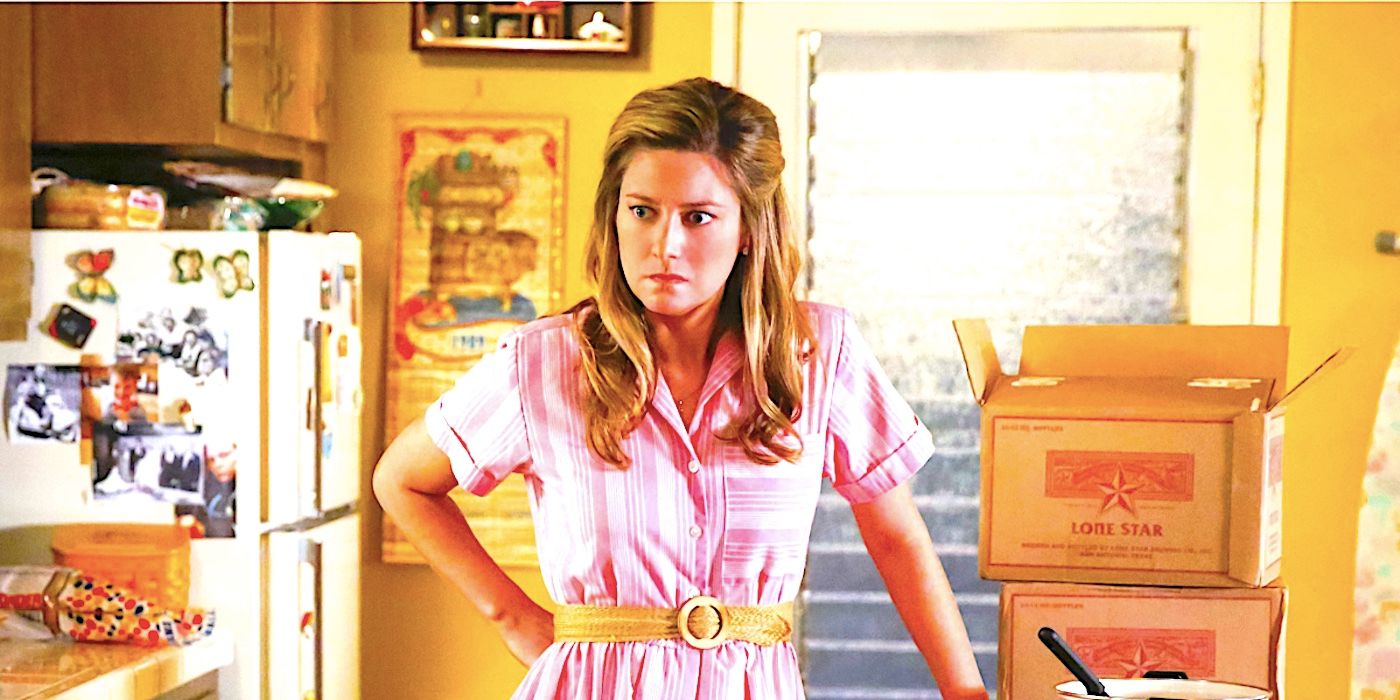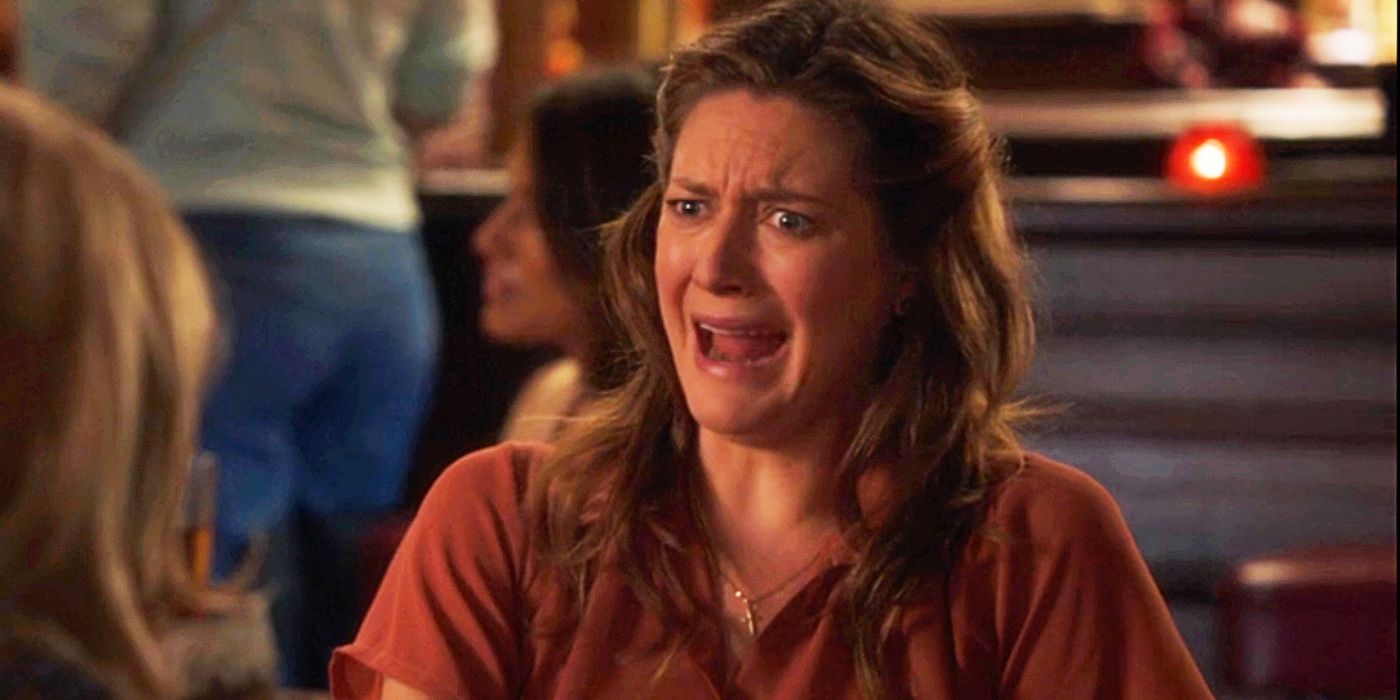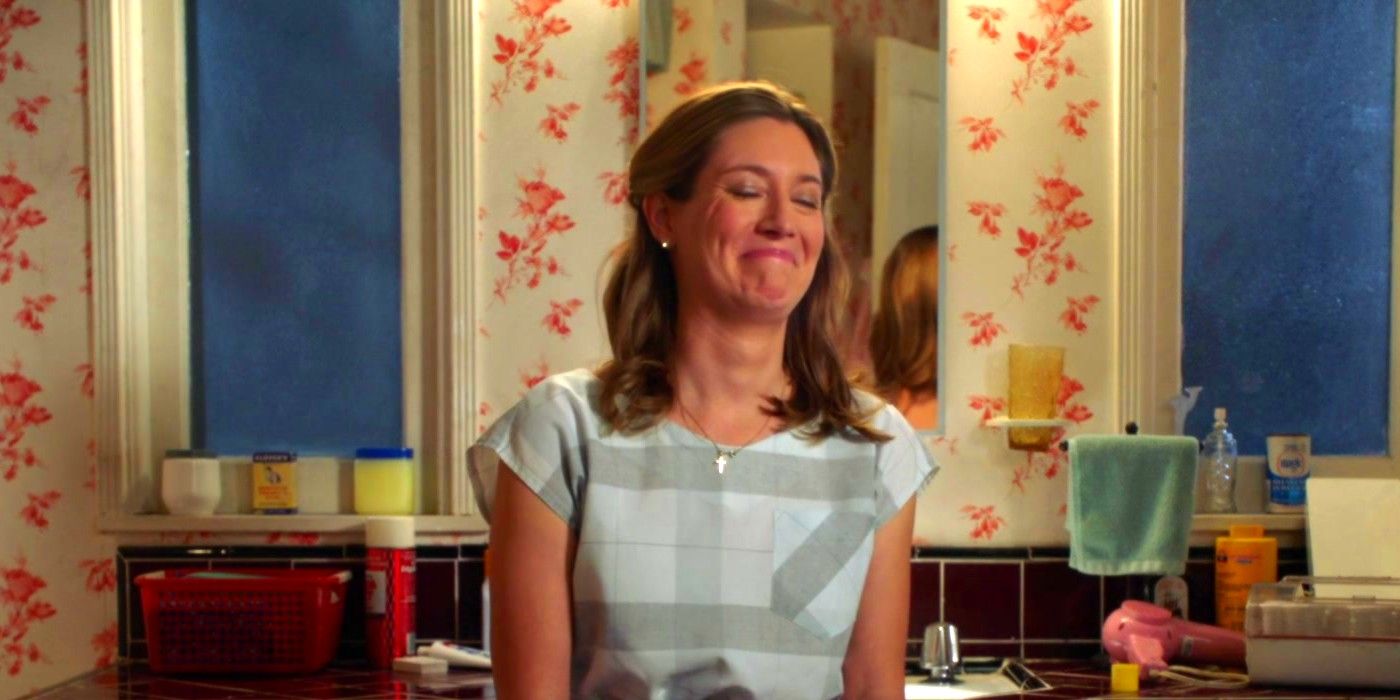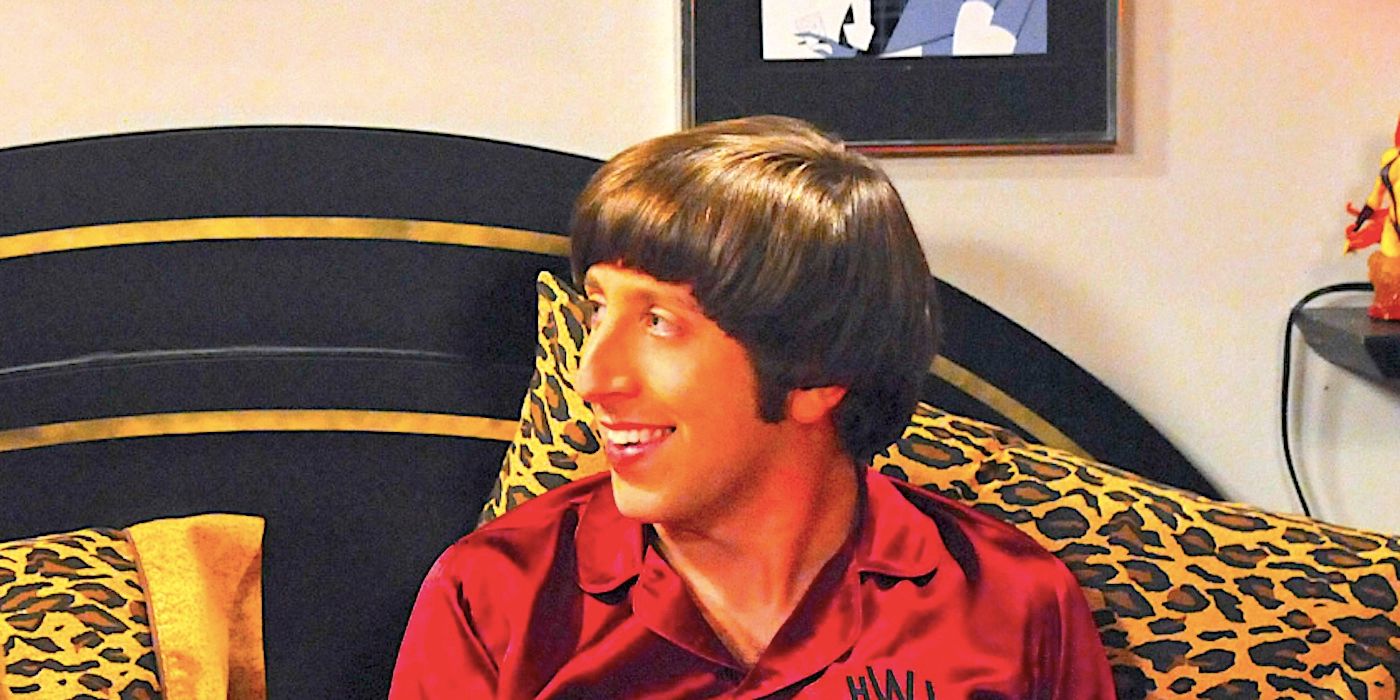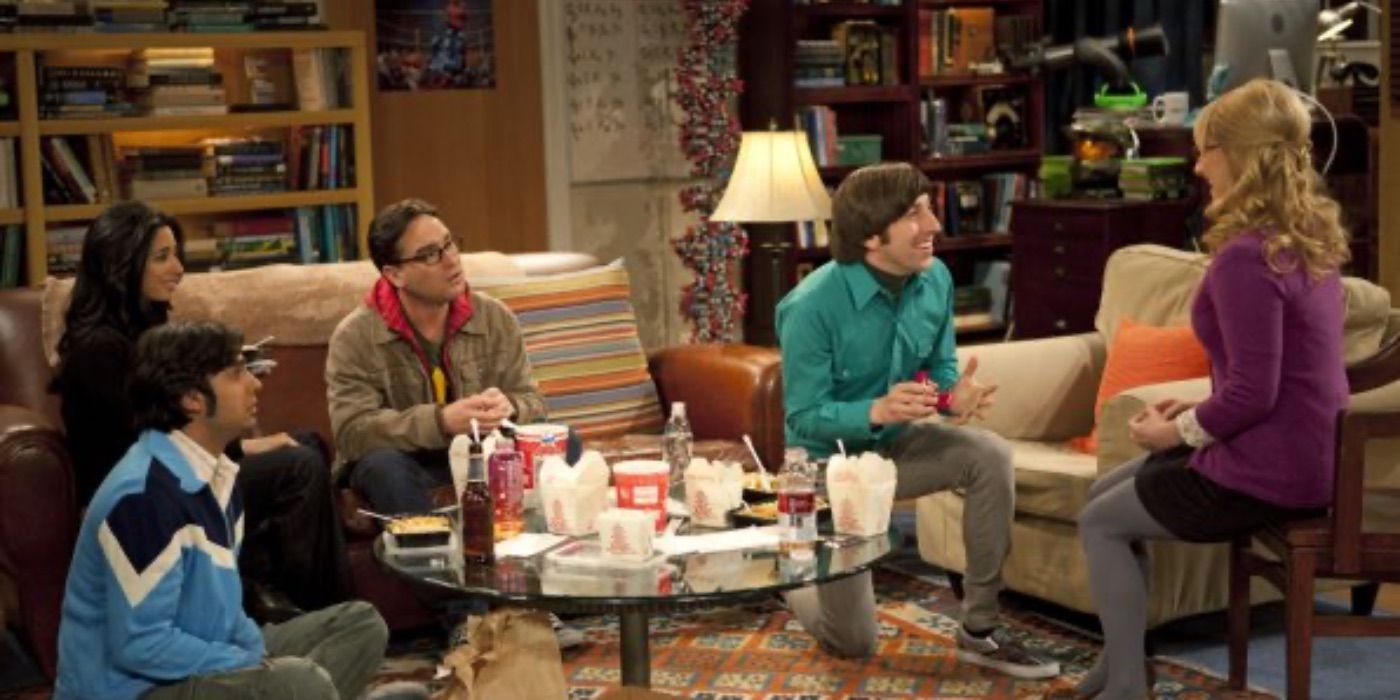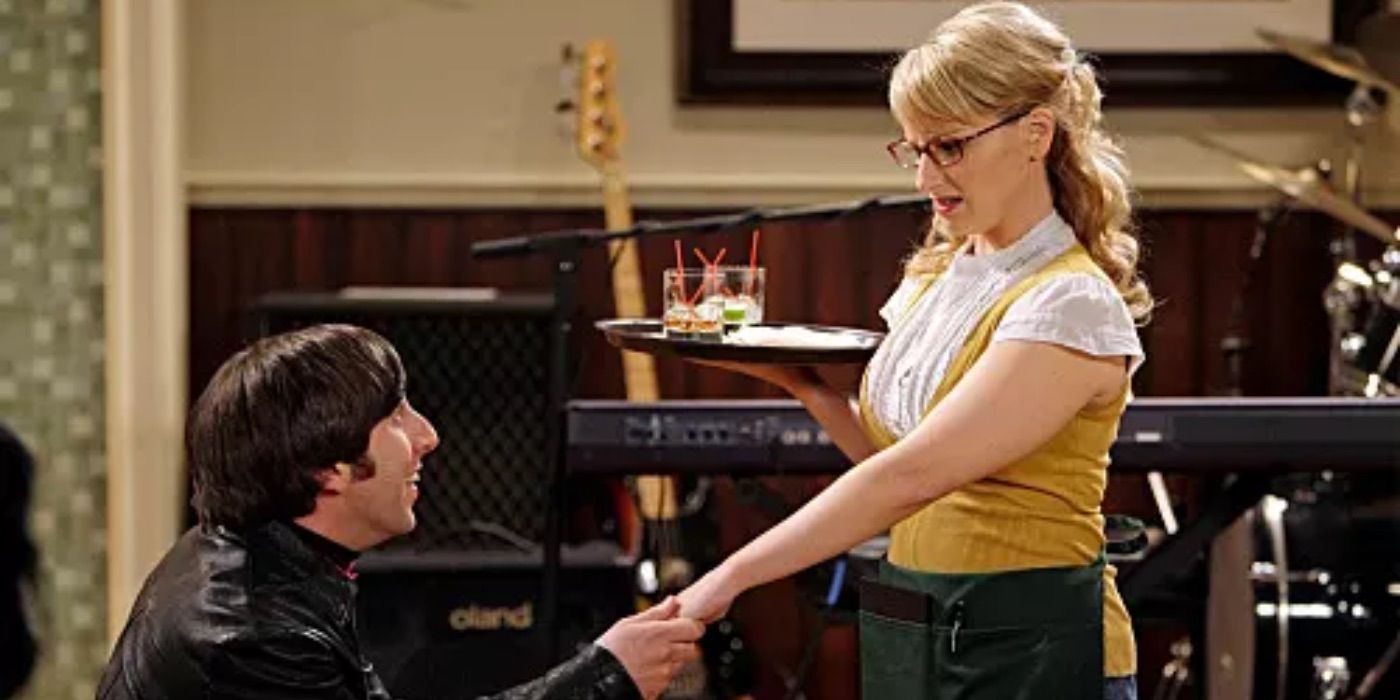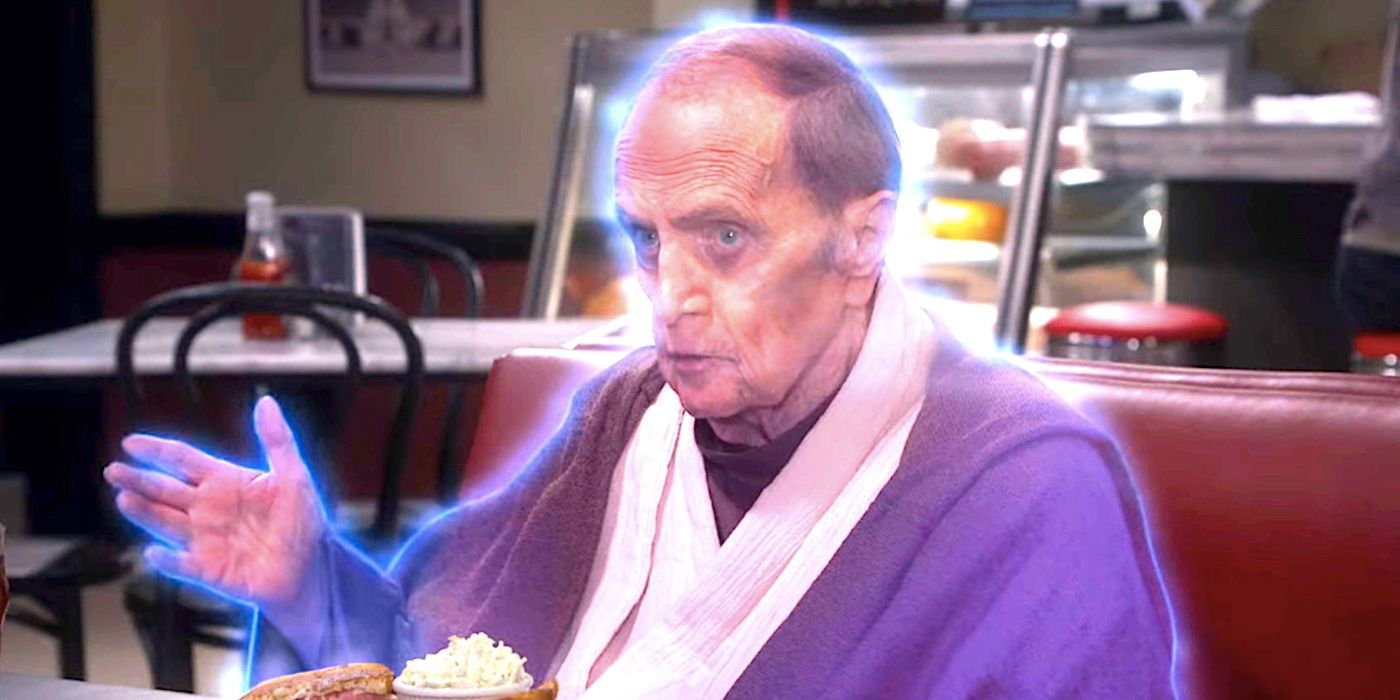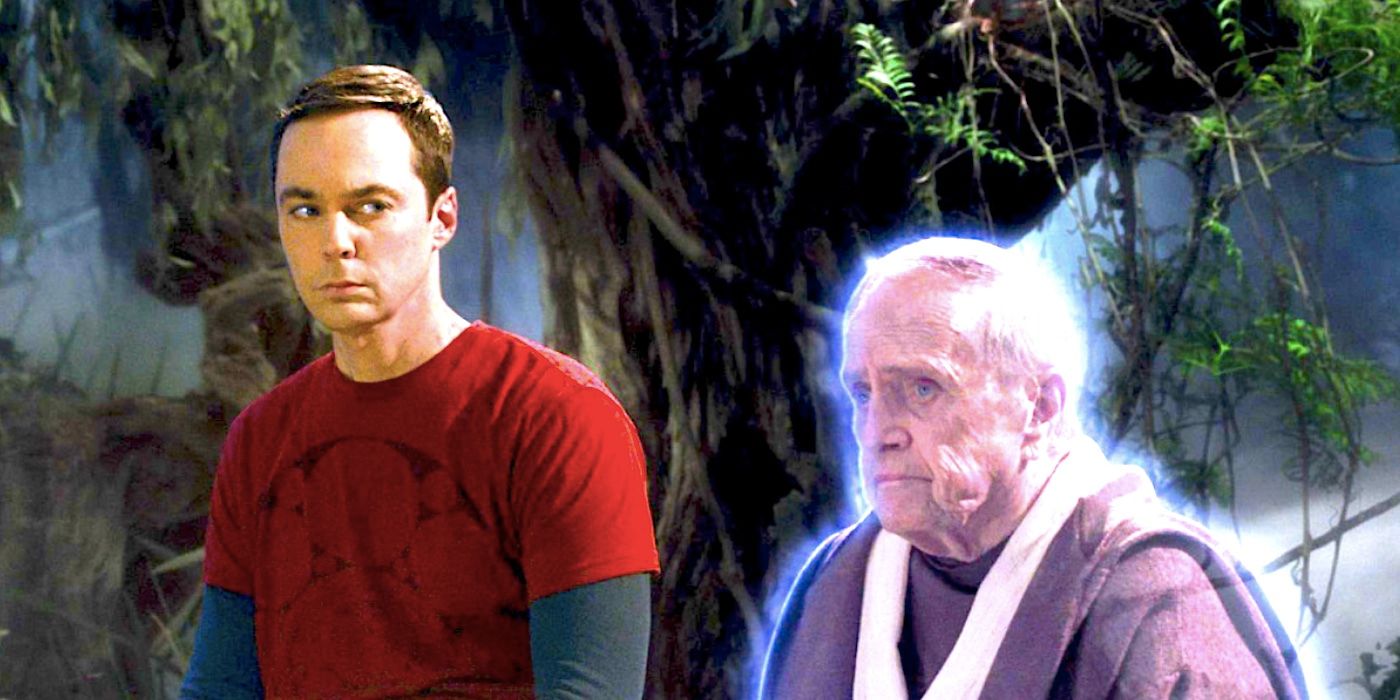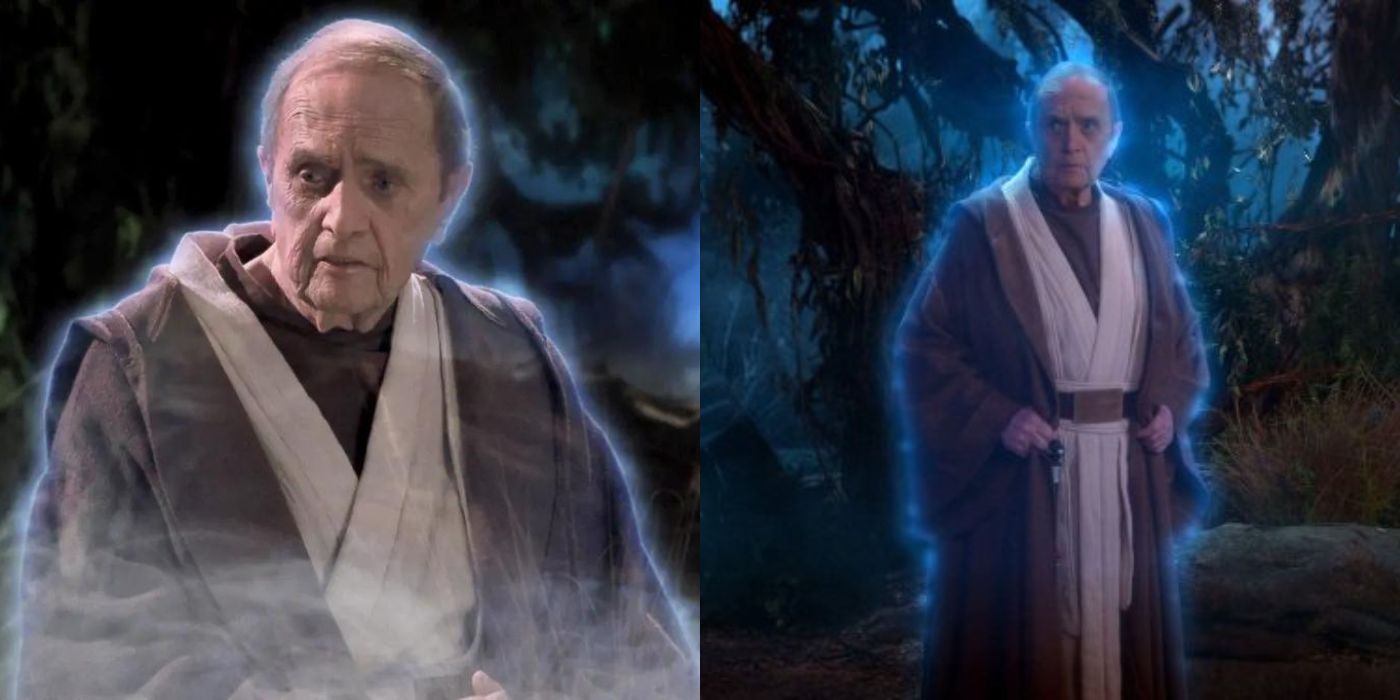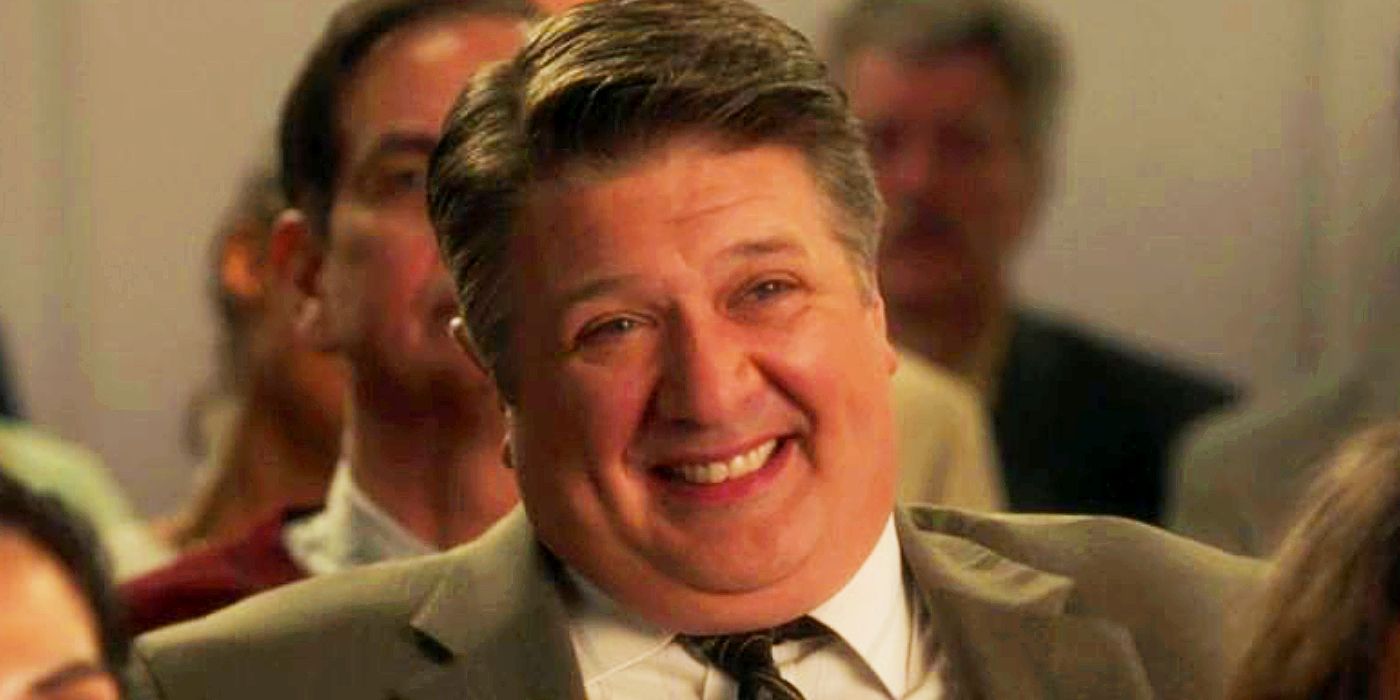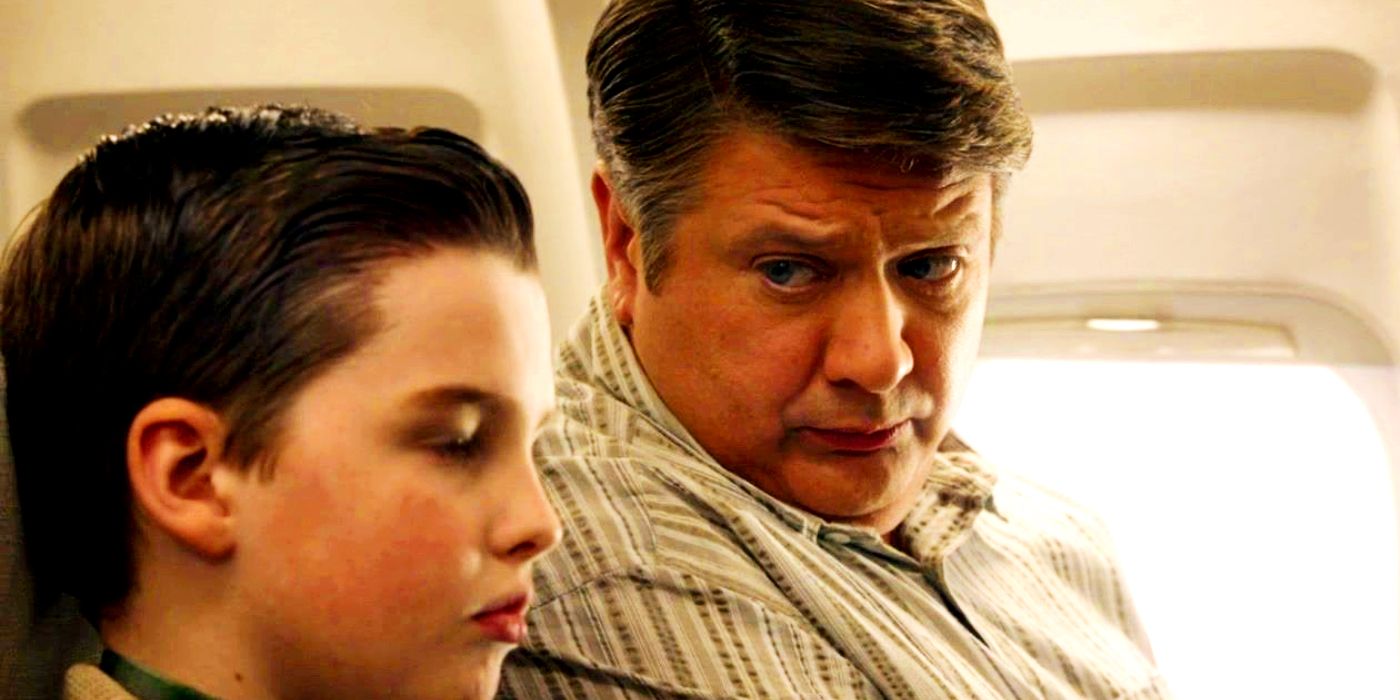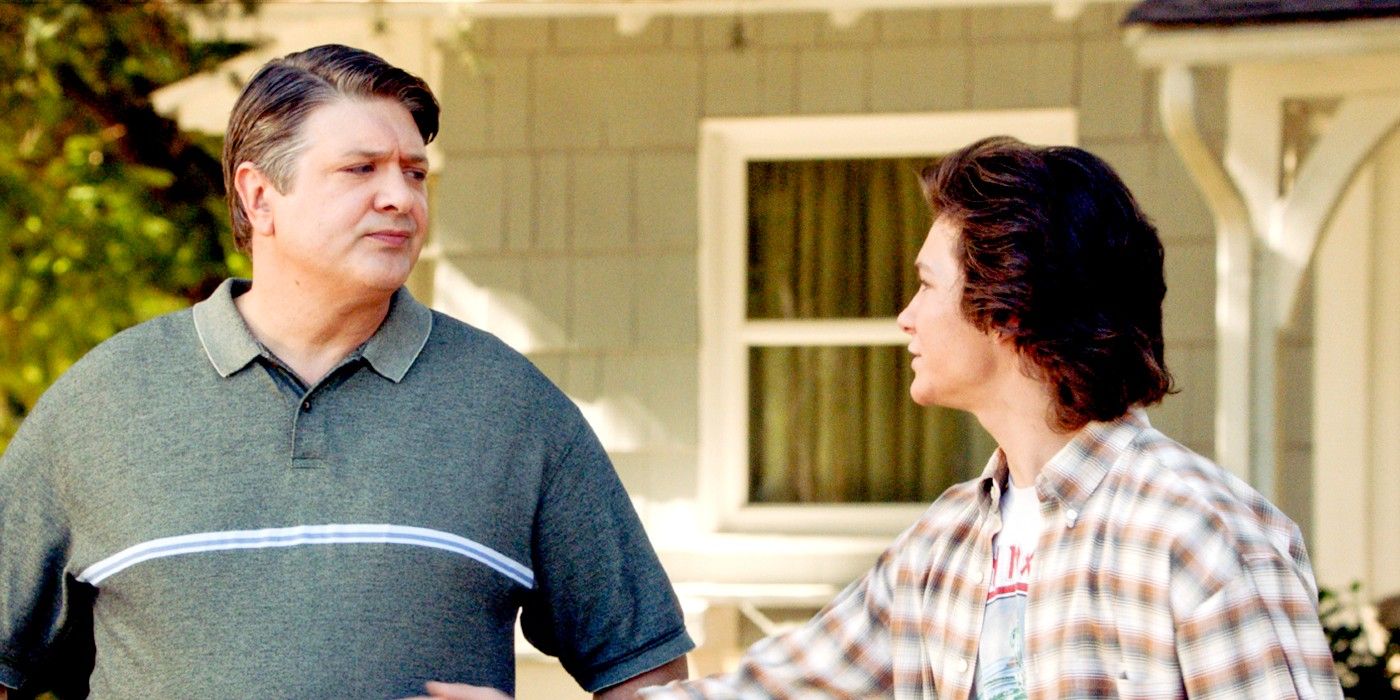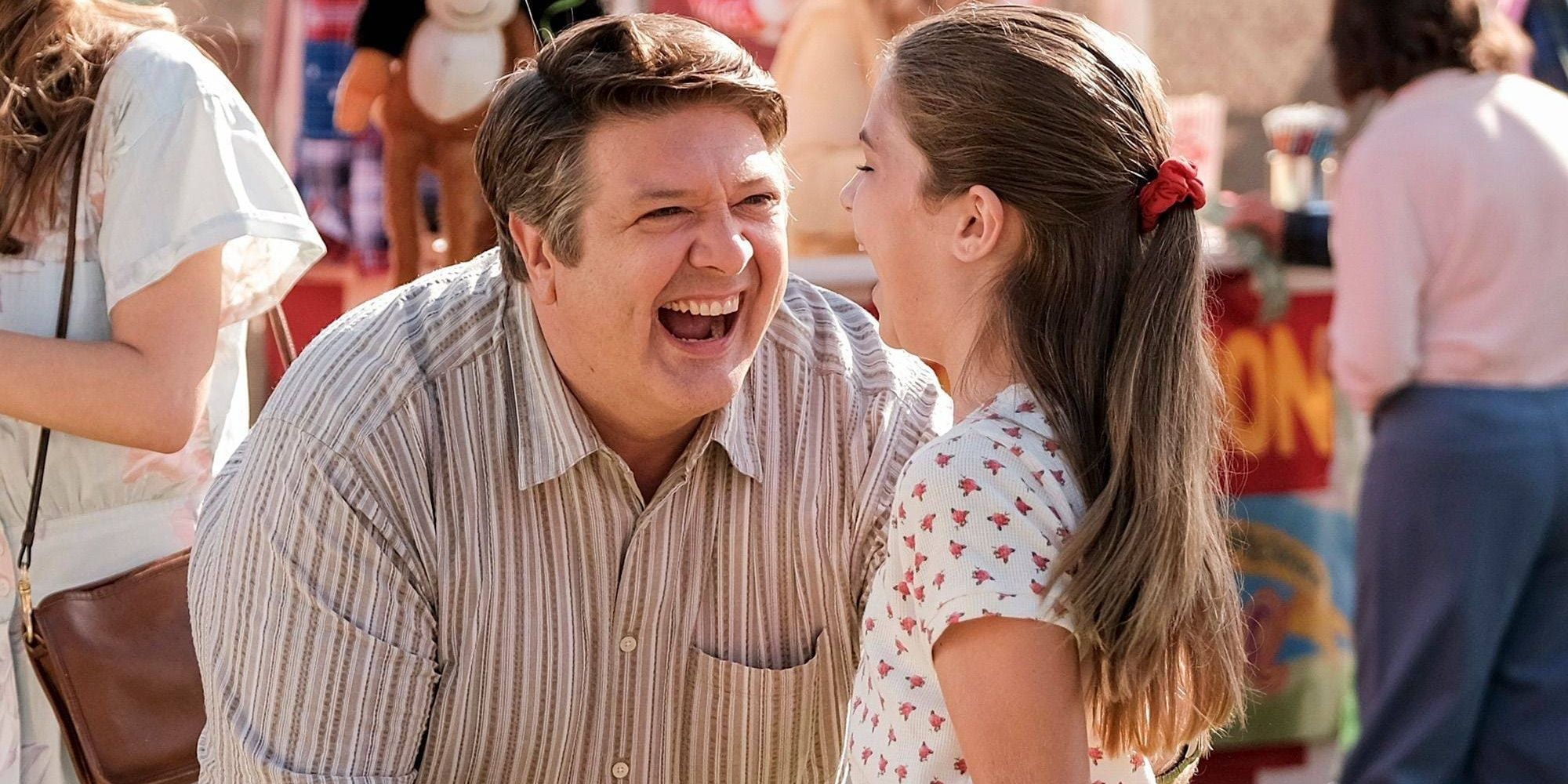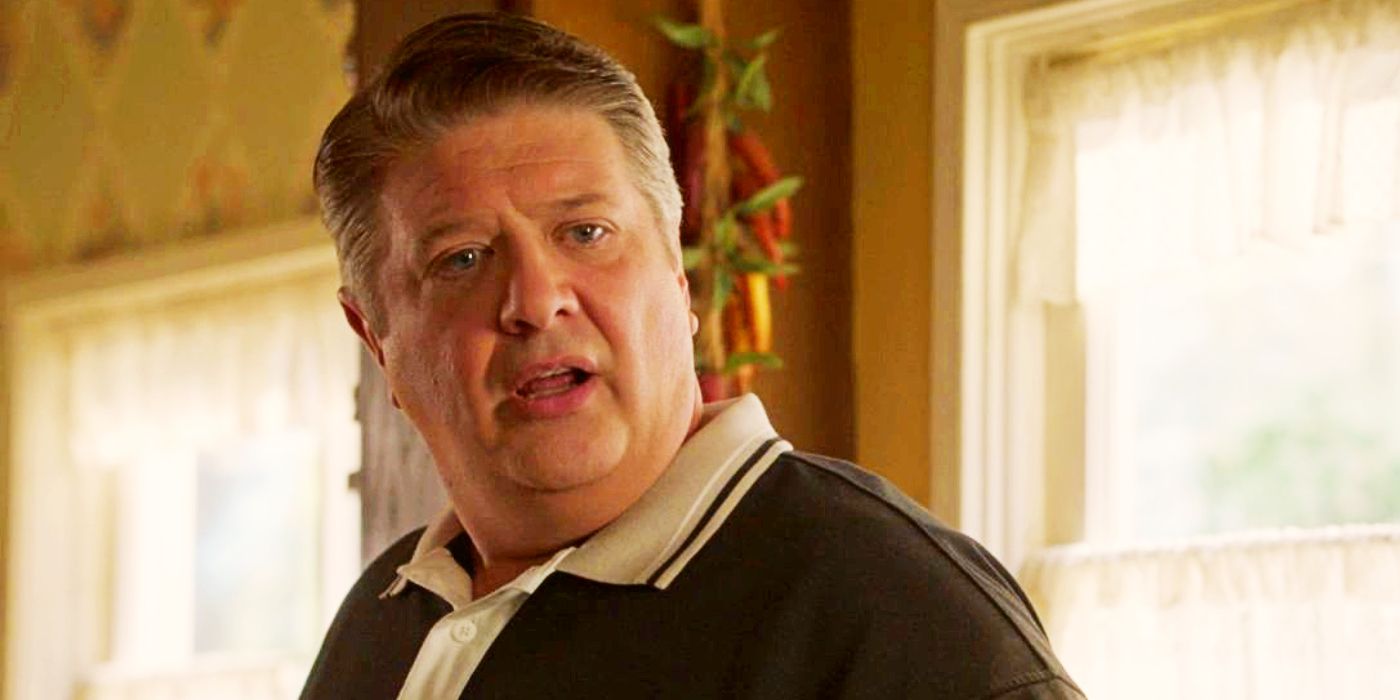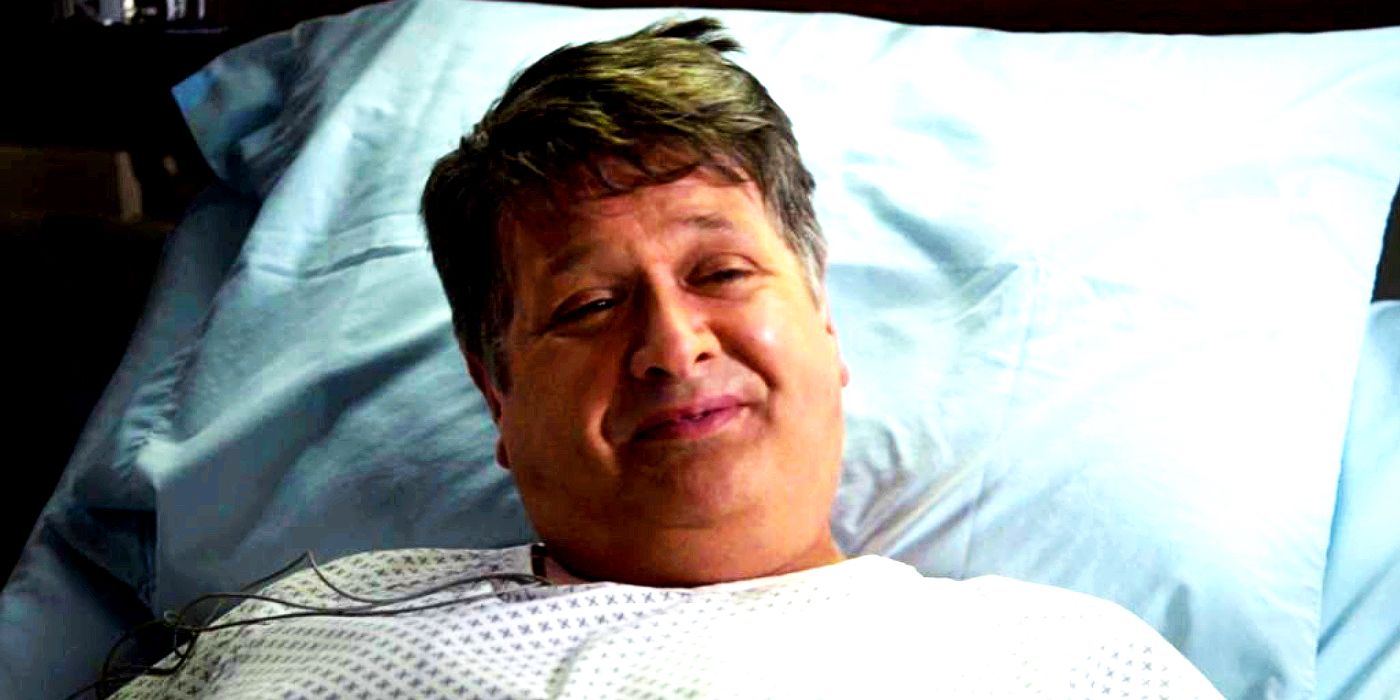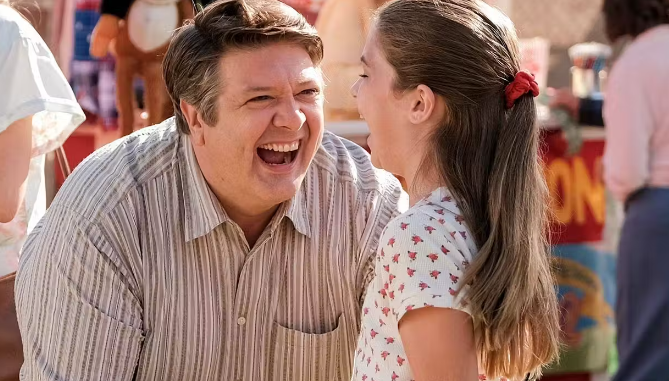
Although The Big Bang Theory and Young Sheldon are both sitcoms, the two shows still featured a few permanent character deaths throughout their respective runs. Young Sheldon’s series finale took place shortly after the death of Sheldon’s father, George Sr. This canon detail was originally established when Sheldon mentioned his father dying during his teens in The Big Bang Theory. For a long time, Young Sheldon avoided the subject since it was hardly fodder for a light-hearted family sitcom. Eventually, Young Sheldon season 7 saw the series devote its final three episodes to this pivotal, character-shaping plot.
The death of Sheldon’s father was central to his personality in The Big Bang Theory, meaning the spinoff couldn’t simply ignore George Sr.’s fate. However, this wasn’t the first time that Young Sheldon or The Big Bang Theory killed off a character. None of The Big Bang Theory’s cast of characters suffered the same fate in its finale, but the long-running sitcom did feature a handful of episodes where supporting characters died. Similarly, its spinoff featured an earlier death that foreshadowed George Sr.’s ending long before Young Sheldon’s most ambitious episode depicted the event’s aftermath.
Related: Still sad over the ending of Young Sheldon? Here is where you can watch the cast next
One theory claims Young Sheldon’s series finale killed off The Big Bang Theory’s hero Leonard, but this seems like a stretch for numerous reasons.
7Floyd Hofstadter
Leonard’s Unseen Uncle Died In The Big Bang Theory Season 3
The first character that The Big Bang Theory killed off was Leonard’s unseen uncle, Floyd Hofstadter. This kindly figure from Leonard’s childhood never appeared on-screen, but he had a major impact on Leonard’s upbringing. His death is mentioned in passing by Leonard’s mother Beverly in season 2, episode 15, “The Maternal Capacitance,” and mostly serves to illustrate just how cold and emotionless Beverly is toward her son. Throughout her many appearances on the show, Beverly struggles with emotional interactions.
This is effectively epitomized when she bluntly informs Leonard “Your Uncle Floyd died.” Viewers never learn how Leonard’s uncle Floyd died since this isn’t as important as highlighting his mother’s lack of compassion. While The Big Bang Theory barely depicted Penny’s parents, Beverly was a frequent guest in the gang’s apartment. Christine Baranski’s supporting character racked up an impressive 16 guest spots in the role, outdoing even Laurie Metcalf’s 15 appearances as Sheldon’s zealous mother Mary.
Related: The astonishing net worths of the Young Sheldon cast, ranked from lowest to highest
6Bernadette’s Grandmother
Bernadette’s Relative Died Offscreen In The Big Bang Theory Season 3
Much like Floyd Hofstadter, Bernadette’s unnamed grandmother didn’t appear on-screen before she was killed off by The Big Bang Theory. Her death was announced in season 3, episode 11, “The Maternal Congruence,” when Harold was excusing Bernadette’s absence during another visit from Beverly. Bernadette’s loss of her grandmother underlines the significant role that maternal characters play in the episode, but it also sets up one of the outing’s strongest gags. In an episode light on wins for Leonard, Howard’s plight offers him a smile.
When Beverly suggests that Raj and Howard share a frustrated sexual chemistry, Howard is quick to note that he is finally seeing someone after years spent single. Even though Leonard can’t stand his mother, he lets Howard flounder in front of her by denying Bernadette’s existence when his friend looks for backup. The Big Bang Theory‘s Leonard more than earns this bright spot in an episode that otherwise sees him learn of his dog’s death and his parent’s divorce in rapid succession.
5Professor Tupperman
The Big Bang Theory Season 6 Killed Off This Unseen Colleague
While Professor Tupperman doesn’t appear on-screen, he does have a notable role in season 6, episode 20, “The Tenure Turbulence.” Kripke informs the show’s heroes that the bad smell in their shared building was the decomposing remains of the tenured professor, who was discovered in his office weeks after passing away off-screen. Sheldon, Raj, Leonard, and Kripke all vie for his vacated tenure role, meaning Professor Tupperman is another Big Bang Theory character killed off for the sake of plot contrivance. In this underrated outing, the setup works well.
Tupperman’s death sparks a rivalry between the group, although the episode ends without revealing who gained the professor’s old role. While The Big Bang Theory’s version of Sheldon is deeply eccentric and often tough to work with, he is reassured that he won’t be removed from the running due to his foibles. Similarly, Raj manages to make the shortlist despite his tactless inability to hide his disinterest in his predecessor, with the supporting character calling him “Professor Tupperware.”
4Mr Gilford
Young Sheldon Season 2 Killed Off The Lonely Mr Gilford
The short-lived supporting role of Mr Gilford proves just how different Young Sheldon and The Big Bang Theory were in terms of tone and style. Where The Big Bang Theory was a broad hang-out show with a laugh track, a multi-camera shooting style, and a cynical sense of humor, Young Sheldon was a traditional family sitcom with a narrator, a single-camera setup, and a much warmer, more sentimental tone. Young Sheldon’s Meemaw and Sturgis romance was the sort of bittersweet story that the earlier show would never have attempted, as was Mr. Gilford’s lone appearance from the same season.
Played by Barry Corbin, Mr. Gilford was a cantankerous elderly man who Mary visited while Pastor Jeff was ill as part of her work for the church. Mr. Gilford objected to Mary attempting to clean his home and to her quoting scripture, saying he liked his space the way it was and telling her that he didn’t want to hear a woman read the Bible. When Mary visited his home for a second time, she learned that he had died. During his funeral service, Mary commented on his heroism during the war and gained some volunteers to help clear out his home.
3Ms. Wolowitz
Howard’s Mother Died In The Big Bang Theory Season 8
While Young Sheldon’s Mary storyline proved that the series wasn’t afraid of getting sad at times, Ms. Wolowitz’s death shows that The Big Bang Theory wasn’t always prioritizing punchlines over poignancy either. Played by Carol Ann Susi, Debbie Wolowitz was a major character in The Big Bang Theory’s first 8 seasons despite never appearing on-screen. Ms. Wolowitz was intensely overbearing, and her smothering parenting style seemingly contributed to Howard’s character flaws. However, she was also a genuinely loving presence who the entire gang took solace in at various points. As such, her off-screen death was a surprisingly tragic twist.
In season 8, episode 15, “The Comic Book Store Regeneration,” the gang discussed their shared love for Ms. Wolowtiz after her funeral. Susi’s untimely real-life death led the series to retire the character, although she made a touching final appearance in Young Sheldon. Young Sheldon’s flashback to Howard’s childhood blended Susi’s vocal performance with that of Pamela Adlon, who provided the voice of Howard and Bernadette’s daughter in later seasons. In the process, the spinoff gave Susi’s version of the character a fitting final send-off while also making the similarities between herself and Howard’s daughter even more pronounced than before.
2Professor Proton
Sheldon’s Childhood Idol Died In The Big Bang Theory Season 7
Played by comedy legend Bob Newhart, Professor Proton was a recurring character who appeared in both The Big Bang Theory and Young Sheldon. A Bill Nye-esque figure, Professor Proton was a television show host who made science fun for young viewers and inspired both Sheldon and Leonard’s interest in the discipline when they were kids. Professor Proton’s Big Bang Theory death arrived in season 7, episode 22, “The Proton Transmogrification,” and provided the show with one of its most moving moments ever. In the process, the episode subtly set up Young Sheldon’s finale which aired just over a decade later.
When Professor Proton died, Leonard was saddened, but Sheldon was unexpectedly inconsolable. Sheldon admitted to Leonard that the death of Professor Proton left him with no more male role models after the passing of his father and grandfather. The Big Bang Theory’s harsh George Sr. jokes made Sheldon’s father out to be a figure of fun, accusing him of drunken idiocy and philandering, among other misgivings. However, “The Proton Transmogrification” proved that Sheldon secretly looked up to his father, something Young Sheldon doubled down on. Thus, Professor Proton’s death was both moving and pivotal to the success of the spinoff.
1George Sr
The Death of Sheldon’s Father Shaped Young Sheldon’s Finale
George Sr. might have been the second of only two characters to die in Young Sheldon, but his death is undeniably the most impactful in the history of either series. Lance Barber was handed an unenviable task when he took on the role of Sheldon’s father since the character was little more than a punchline in the original series. However, Young Sheldon made George Sr. a lovable, sweet everyman throughout the show’s seven seasons, and its penultimate episode revealed that, beneath all his characteristic bluster, Sheldon loved him deeply. In doing so, Young Sheldon made its hero more sympathetic.
Related: Still sad over the ending of Young Sheldon? Here is where you can watch the cast next
While Young Sheldon‘s series finale wasn’t perfect, George Sr’s death was the best storyline in The Big Bang Theory’s spinoff. The event offered a plausible explanation for Mary’s intense religious zealotry while also justifying Georgie’s issues with Sheldon later in life. George Sr’s death also explained why Sheldon seemed so cold and emotionless at times, as the character never fully came to terms with losing his father at such a young age. Against the odds, George Sr’s death made The Big Bang Theory and Young Sheldon’s stories richer in retrospect, proving that even silly sitcoms sometimes need a tragic moment.
